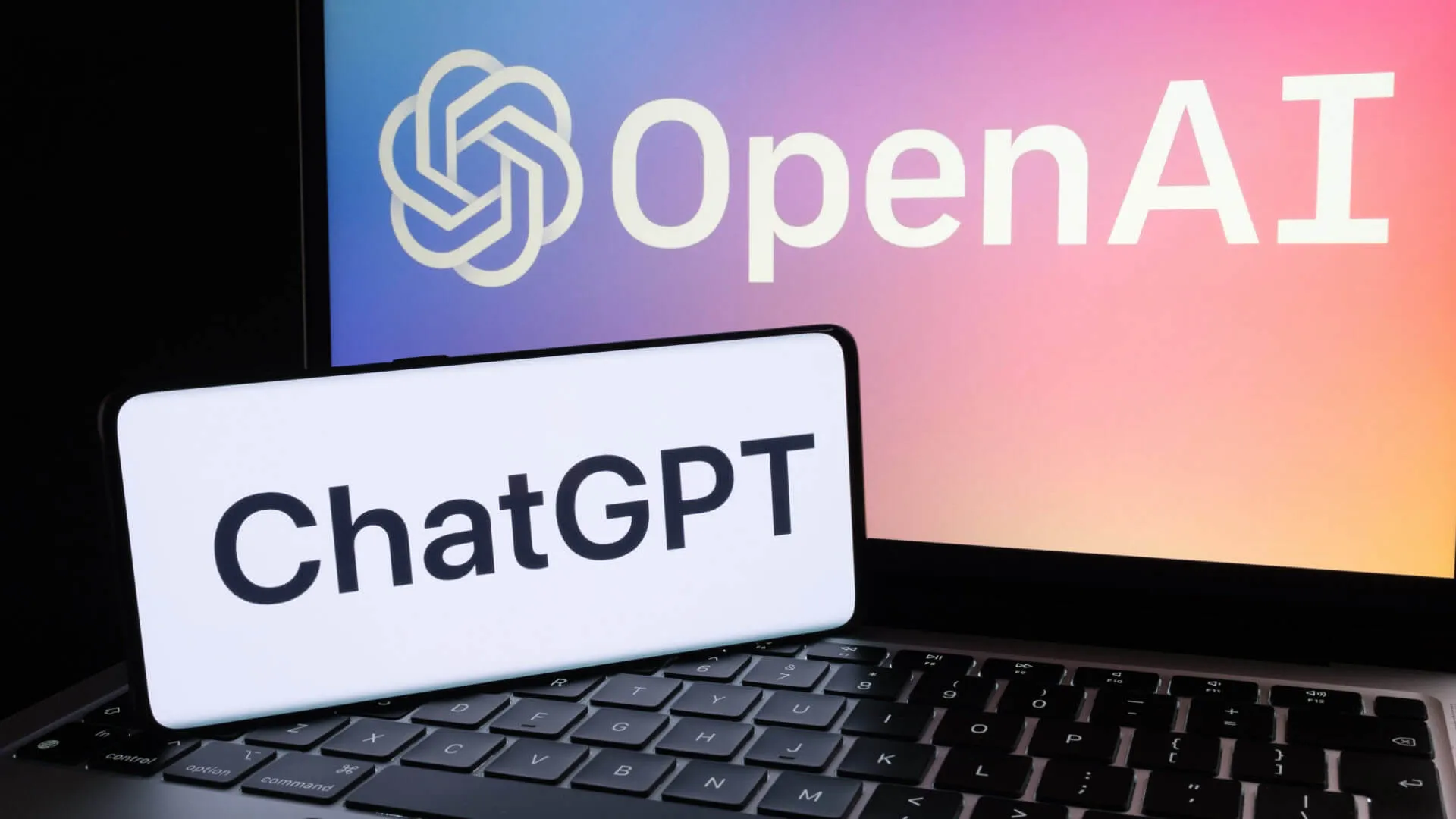In recent years, artificial intelligence (AI) has ceased to be just a simple auxiliary tool in the entertainment world and has become an undisputed protagonist in the creation of audiovisual content.
What once seemed like a concept straight out of science fiction is now a tangible reality: television series are being created with the assistance of AI, and even directed by intelligent algorithms.
This transformation with AI has not only opened new possibilities in storytelling, but it has also raised fundamental questions about the future of the entertainment industry and the role of human creativity in an increasingly automated world.
Below, ITD Consulting clarifies the landscape regarding this use of AI that is causing a stir in Asia.
AI as a Screenwriter: A New Era in Storytelling
The use of AI in scriptwriting has been one of the most surprising developments in the entertainment industry. Traditionally, scriptwriting has been considered an art exclusive to the human mind, where creativity, empathy, and experience combine to create stories that resonate with audiences.
However, AI has proven capable of analyzing vast amounts of data, identifying patterns in the most successful plots, and generating original content that adapts to viewer preferences.
One of the first applications of AI in scriptwriting was assisted writing, where algorithms provide suggestions and complete dialogues based on the author's writing style.
This AI technology has allowed screenwriters to work more efficiently, alleviating some of the creative load and enabling them to focus on the overall structure of the story.
However, the evolution of AI has gone beyond simple assistance, and now it can generate entire scripts, from the initial premise to the development of characters and dialogues.

Iconic Cases: Series Created by AI
One of the most notable examples of this trend is the series SunSpring, a science fiction short film whose plot and dialogues were completely generated by an AI called Benjamin.
Although the result was at times surreal and perplexing, SunSpring demonstrated the potential of AI to create original narratives that challenge traditional conventions. This AI experiment opened the door to a new form of collaboration between humans and machines in the creative process.
Since then, several series have continued to explore the use of AI in content creation. One such series is Next-Gen, an animated series that uses AI to design characters and develop complex plots that evolve based on audience interaction.
In this case, AI not only participates in scriptwriting but also learns from viewers' reactions, adapting the story in real time to maximize its emotional impact.
Another example is Artificial, an interactive drama series in which characters and the storyline are influenced by the audience's decisions, with AI adjusting the scripts and events based on viewers' preferences.
This series marks a milestone in the convergence of artificial intelligence and interactive storytelling, where content is not only created by AI but also continuously adapted to keep the audience engaged.
AI in Production: From Pre-production to Post-production
In addition to its role in scriptwriting, AI is transforming other aspects of series production. In the pre-production stage, AI is used to analyze audience data and predict the potential success of different plots, helping producers make more informed decisions about which projects to develop.
AI algorithms can analyze millions of data points, including viewing patterns, social media comments, and demographic data, to identify emerging trends and suggest series ideas that are likely to resonate with audiences.
During production, AI is beginning to play a role in scene direction and editing. AI-equipped cameras can automatically adjust the framing and lighting based on the unfolding action, allowing for greater flexibility and efficiency during filming.
Furthermore, AI can analyze takes in real time and suggest changes to improve the visual narrative, reducing the need for multiple takes and saving time on set.
In post-production, AI is being used to edit and enhance the filmed material. Algorithms can identify the best moments in a scene, suggest cuts and transitions, and adjust the pacing of the editing to maintain viewer interest.
Additionally, AI is being used to create complex visual effects and digitally retouch the material, enabling filmmakers to achieve results that would have previously been impossible or prohibitively expensive.

Ethical and Creative Implications
The growing involvement of artificial intelligence (AI) in the creation of series raises important ethical and creative questions. One of the most pressing concerns is the impact AI could have on creative jobs.
As AI algorithms become more capable of generating high-quality content, there is a fear that screenwriters, directors, and other entertainment professionals might be replaced by machines.
Although AI still requires human oversight and input, its ability to automate significant parts of the creative process could reduce the demand for human talent in the industry.
Another concern is the possibility that AI-generated content might lack the emotional depth and human connection that characterizes the best television series.
While AI can analyze data and generate narratives based on patterns, some critics argue that it cannot replicate the human experience and empathy that underlie the most powerful stories. This raises the question of whether AI-created series can truly compete with those developed by humans in terms of emotional resonance and cultural relevance.
Moreover, the use of AI in content creation also raises challenges in terms of copyright and intellectual property. Since algorithms can learn from a vast corpus of existing works to generate new content, the question arises: who owns the rights to a series created by AI?
Is it the programmer who designed the algorithm, the company that owns it, or the AI itself (if it can be considered an "author" in some sense)? This legal issue becomes even more complicated when considering that AI-generated series may be based on patterns or elements from copyrighted works.
AI as a Collaborative Tool: The Future of the Industry
Despite these concerns, many in the entertainment industry view AI not as a threat, but as a powerful tool that can complement and enhance human creativity.
Rather than replacing screenwriters and directors, AI can serve as a smart collaborator, helping to generate ideas, explore new narrative forms, and optimize production.
In this sense, AI becomes an extension of the creative mind, providing new perspectives and possibilities that might otherwise have been overlooked.
The future of series creation will likely see an increasing blend of human effort and intelligent algorithms. Screenwriters may collaborate with AI to develop more complex plots and nuanced characters, using AI’s ability to process large amounts of information and generate multiple versions of a story.
Similarly, directors may use AI to experiment with camera angles, visual effects, and editing techniques that better align with the artistic vision of the series.
Additionally, AI has the potential to democratize content creation, allowing independent creators and those with limited resources to access advanced production tools that were previously only available to major studios.
By automating certain parts of the production process, AI can lower costs and make it easier for new talent to enter the industry and produce high-quality content.
Impact on the Audience: A Personalized Experience
AI’s influence extends beyond the creation and production of series; it is also transforming the way viewers consume content. AI-powered recommendation algorithms have changed the way we discover and choose which series to watch, personalizing suggestions based on our individual preferences.
This personalized approach not only improves the user experience but also increases the chances that AI-assisted series will find their ideal audience.
Furthermore, AI is beginning to play a role in the personalization of the content itself. For example, some streaming platforms are experimenting with the idea of allowing viewers to choose between different endings or even influence the plot development as the series progresses.
This interactivity, facilitated by AI, promises to transform the experience of watching series into something much more immersive and participatory.

The breakthrough of artificial intelligence (AI) in the world of television series marks a turning point in the history of entertainment. While AI presents significant ethical and creative challenges, it also opens a new horizon of possibilities for audiovisual storytelling.
AI is not merely a tool; it is a new protagonist in content creation, capable of collaborating with the human mind to craft stories that are both innovative and resonant.
As technology continues to advance, it is likely that we will see even deeper integration of AI across all aspects of series production. This development with AI will not only redefine the creative process but will also influence the way we understand and value creativity itself.
In this new world, AI and humans are not competitors but collaborators in creating a future full of new and exciting stories. If you would like to learn more about innovative uses of AI and how they can impact or benefit your business, email us at [email protected]. We have tailored technological solutions to help you thrive.





